. Religion - Hellenic Polytheism - Tumblr Posts

Moodboard for Lady Hera!!! I really hope she loves it <3
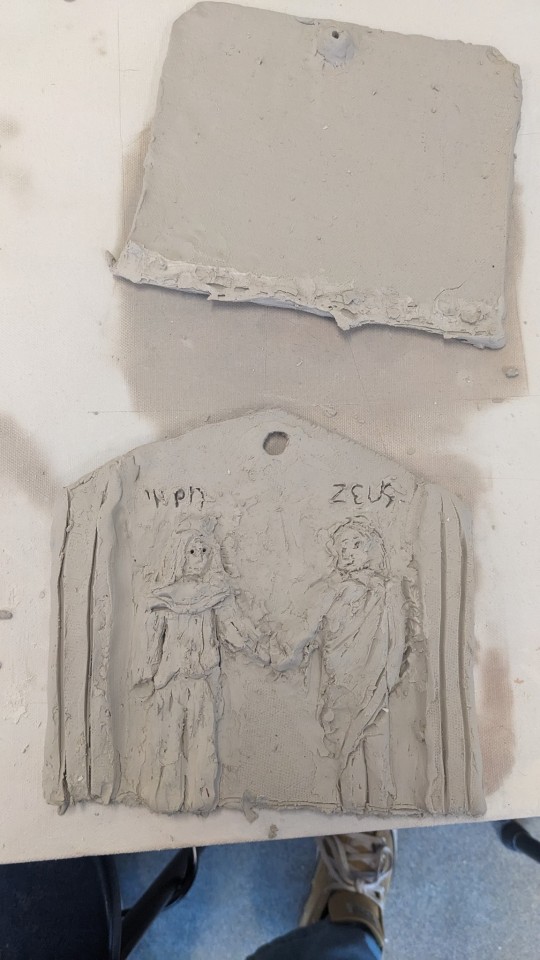

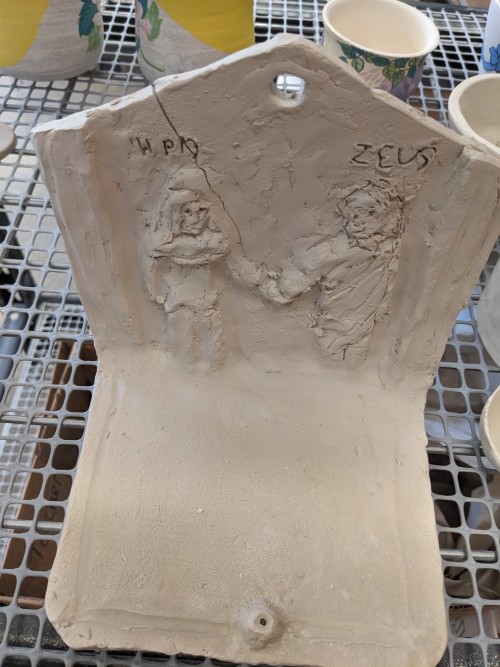
Unfortunately the altar cracked but I think it's still useable
It isn't fired yet but will be soon, right now it's at the green ware or bone dry stage
Anyways first post on my new account yippee
I'm thinking of painting with glaze to make it look like a mosaic 🤔 so time to dump images for what I want it to kind of look like
Definitely doing pomegranates, peacocks, and olive branches
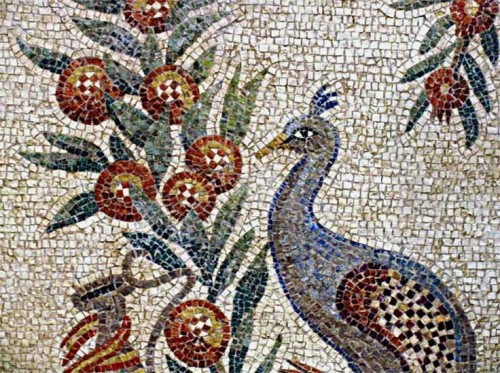
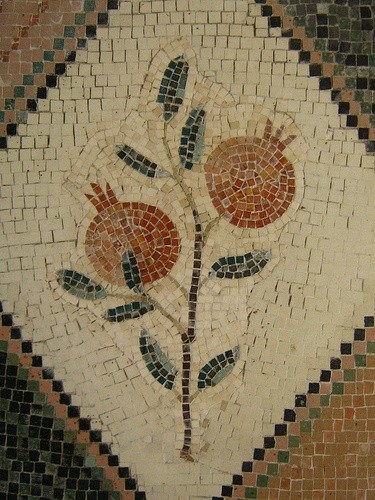
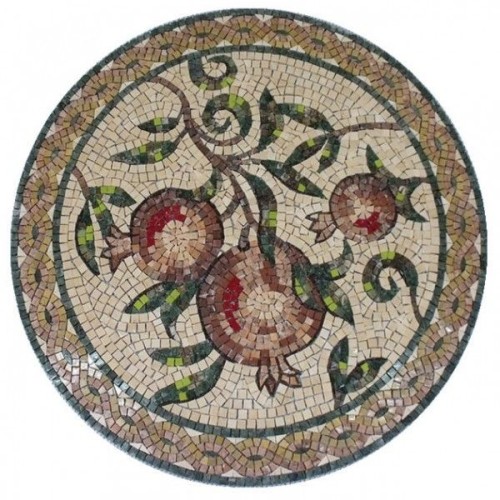
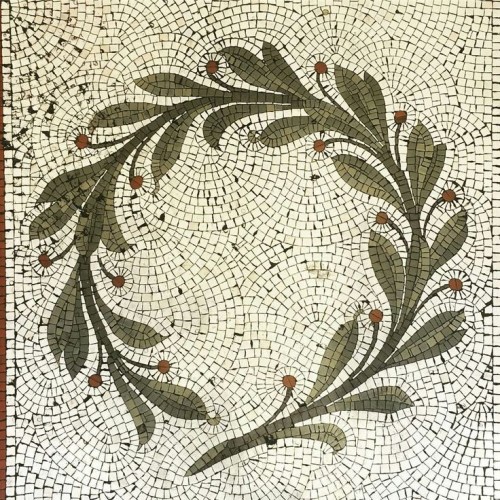
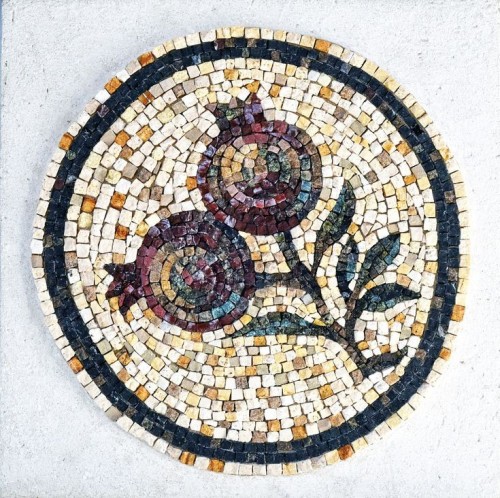
Putting this here so I can hopefully remember
Idk where the inspo pics are from sorry



Unfortunately the altar cracked but I think it's still useable
It isn't fired yet but will be soon, right now it's at the green ware or bone dry stage
Anyways first post on my new account yippee
Praise Dionysus, submitted things to Queering the Map for the first time, I love life.
Anthesteria





History
Held annually in Anthesterion, Anthesteria was held in honor of Dionysus to celebrate the coming of spring and the maturing of the wine stored from the previous grape harvest. The festival was held from the 11th - 13th of Anthesteria, roughly the end of February. If you want to learn how to track the Ancient Athenian months, you can see this post I made about the Athenian Calendar! Or you could just see this calendar here, since it’s already being tracked for you.
Anthesterion was a strange holiday, as it was a celebration of the coming spring as well as the dead. Though it’s uncertain whether the month was named after the holiday or vice versa, both derive their names from the Greek word Anthos, meaning flower.
Keep reading
Usually Epione or Apollon, since Apollon is a god of healing and Epione is the goddess of soothing pain!
question for my hellenic pagans with joint/chronic pain. is there a deity you like to pray to for comfort?
Going to celebrate Anthesteria over this weekend, actually, since I had zero energy for the actual days and I have a Monday off from school.
Praise Dionysus!!
Daily Devotions with the Orphic Hymns
Today is 4th of Metageitnion (21st of August)
This modern system of daily devotions blends material from two sources: Hesiod's sacred month, as described in his Works and Days, and the Orphic Hymns. The ideas in the Orphic Hymns sometimes don't match with more mainstream beliefs of the polis. But using these hymns is worth it because it helps us honor not just the main gods, but also many smaller ones. This way, we can pay our respects to a wide range of gods throughout the whole month.
Other hymns may of course be substituted at the individual's discretion. The numbers given for the hymns correspond to those in Apostolos N. Athanassakis, The Orphic Hymns: Text, Translation and Notes
Thomas Taylor's 1792 translation of the hymns is available online, free and in its entirety, at the Internet Sacred Texts Archive. Here:
Morning and Evening Devotions
Morning
Wash hands and face
Light lamp or candle
Hymn to Hestia (#84)
Light incense
Hymn to Eos (#78)
Hymn to Helios (#8)
Hymn(s) to special god/dess(es) of the day (see chart)
Additional hymns as desired (see chart)
Pour libation
Make personal supplications and thanksgivings
"Orpheus to Mousaios" (pp. 2-5)
Extinguish lamp or candle
Evening
Wash hands and face
Light lamp or candle
Hymn to Hestia (#84)
Light incense
Hymn to Nyx (#3)
Hymn to Selene (#9)
Hymn to the Stars (#7)
Hymn(s) to patron/matron god/desses
Hymn to Sleep (#85)
Hymn to Dream (#86)
Pour libation
Make personal supplications and thanksgivings
Hymn to Zeus (#15)
Extinguish lamp or candle
A shortened version of the devotions may be done by simply lighting a candle, reading "Orpheus to Mousaios," saying any personal prayers, and extinguishing the candle.
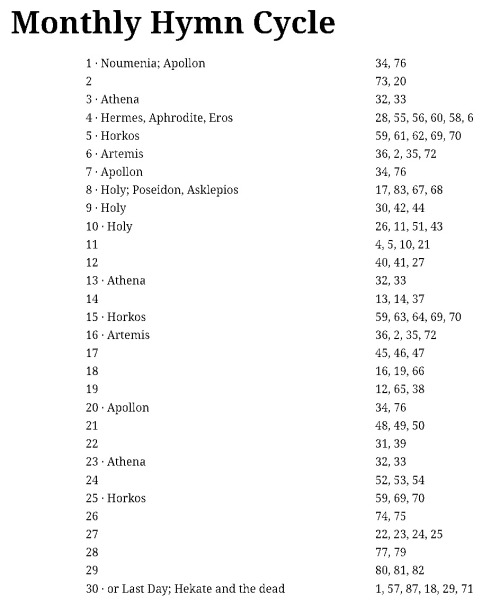
Notes on chart:
Days mentioned by Hesiod as sacred to specific deities are marked.
Horkos is the god (or, if you like, personification) of Oath. Days sacred to this deity are considered difficult.
As the lunar calendar months range between 29 and 30 days in the Greek reckoning, it may be necessary in short months to recite all the hymns for both day 29 and day 30 on the day of the dark moon. As the last day of the month is sacred to Hekate, Her hymn should always be included.
About Incense
The Orphic Hymns specify particular types of incense to be offered to each deity. In cases where one is saying multiple hymns with differing instructions, one might either choose a single type or make a blend of all those indicated. Pure frankincense makes a good all-purpose offertory incense.
The incense specifications from the Orphic text are as follows:
Frankincense: Apollon, Ares, Artemis, Asklepios, Bakkhai, Dike, Eos, Hephaistos, Herakles, Hermes, Hygeia, Kouretes, Muses, Nike, Satyros, Silenos, Tethys, Themis, Titans
Myrrh: Leto, Nereus, Poseidon
Storax: Chthonic Hermes, Dionysos, Eleusinian Demeter, Erinues (also frankincense), Graces, Kronos, Semele, Zeus
Aromatic Herbs: Adonis, Athena, Eros, Eumenides, Fates, Hera, Hestia, Horai, Nereids, Nymphs, Okeanos, Rhea
Various: Mother of the Gods, Pan, Chthonic Dionysos (any except frankincense), Gaia (any grain; no beans or aromatic herbs)
No Incense (underworld deities): Hekate, Nemesis, Persephon
Daily Meal Offerings
In ancient Greece/Rome, it was common, almost a no-brainer, to offer morsels of your meal and libations to the gods. Here's what they did:
Short version
Used for daily offerings, each meal.
Before the meal:
Set aside a morsel of food for Hestia while focusing on her energy or saying a prayer/hymn
After the meal:
Pour libation for Agathos Daimon and ask for blessings of protection, luck, etc
Longer Version
Used during formal festivals or sacred days
Before meal:
Morsel to Hestia (focus or prayer/hymn)
Morsel to Apollon (focus or prayer/hymn)
Morsel to Zeus, to protect the outside [of your home]
Morsel to Zeus, to protect the inside [of your home]
After meal
Libation to Agathos Daimon for luck, protection, etc.
If you eat out, obviously, this may not be able to be done. Do it as you can.